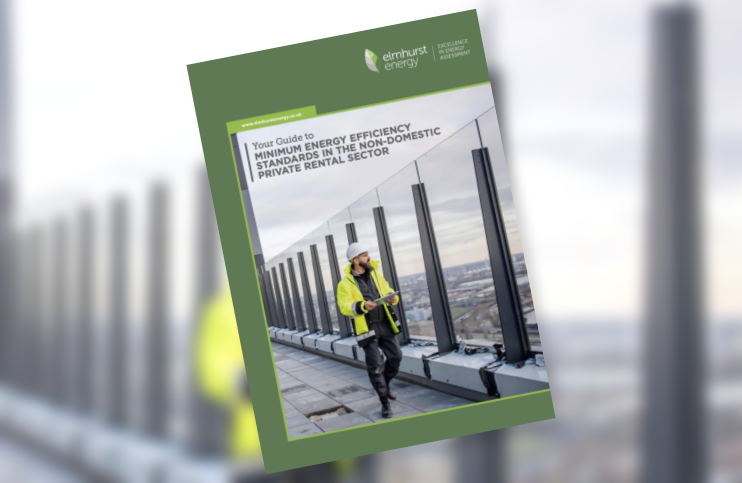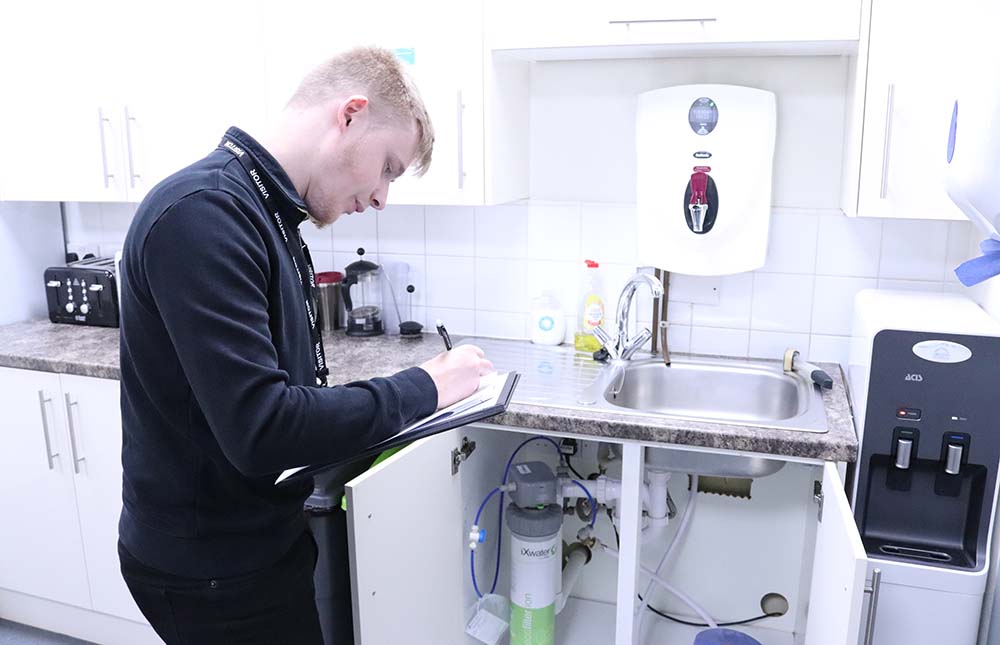Changes to Non-Domestic MEES
Changes to the law in 2018 made it unlawful to sign a new or renewed lease for a non-domestic property that does not meet the Minimum Energy Efficiency Standards (MEES) regulations. From April 2023, these regulations will extend to all privately rented non-domestic properties in England and Wales, including those where a lease is already in place.
It is important for landlords to understand the regulations and the steps they must take to avoid non-compliance and the resulting potential financial consequences.

What Is Changing?
In 2018, changes to the law made it illegal to sign a new or renewed lease for a non-domestic property that does not meet the MEES regulations, meaning for any property with an Energy Performance Certificate (EPC) rating of F or G.
From April 2023, the regulations will extend to all privately rented properties, including those where a lease is already in place and a property is occupied. Therefore, unless an exemption applies, it will be unlawful to continue renting out any property that does not meet the new regulations.
It has been estimated that up to 20% of non-domestic properties could have an EPC rating below an E, meaning that unless they were upgraded to meet the minimum standards or an exemption is successfully registered, it is now illegal to rent them.
Enforcement of the regulations is carried out by the local authority. Where a property does not meet the regulations, landlords can be fined a minimum of £5,000 to a maximum of £150,000. In addition, there is also a risk of loss of value of the property, with the marketability likely to suffer and lenders, banks, and pension funds less inclined to consider properties that are EPC band F or G.
Download Non-Domestic MEES Guide
For more information on the upcoming changes, exemptions and next steps, read the Elmhurst Non-Domestic MEES Guide.
Download Now
Exemptions
There are a number of exemptions available to landlords. The full list can be found in the Non-Domestic MEES Guide. However, it is important to note that most exemptions are only valid for a maximum of five years. After this time, landlords are required to resume efforts to improve the EPC rating of their properties. To register for an exemption, visit the government webpage, Register an Exemption.
Proposed Timeline
Further changes to the MEES regulations are expected over the coming decade.
- In 2025, the minimum standard is expected to rise to an EPC band D.
- In 2027, the minimum standard is expected to rise to an EPC band C.
- In 2030, the minimum standard is expected to rise to an EPC band B.
What Steps Should Landlords Take?
Considering the potential risks to property owners, it is essential that landlords have a comprehensive understanding of MEES and broader energy efficiency practices to ensure compliance with the regulations. For more information on the potential changes to your EPC rating and how it can jump from band E to band C, visit the Non-Domestic EPCs news page.
If you’re a landlord or agent, it’s important to act now by commissioning an up-to-date EPC from a local energy assessor. Elmhurst’s trained and accredited energy assessors can not only assess your property’s energy efficiency and produce an EPC that shows its current rating, which may have changed over time, but also provide various recommendations for improvement.

Find an Energy Assessor Near You
For an up-to-date EPC for your property, search the UK’s largest database of energy assessors.
Find An Assessor